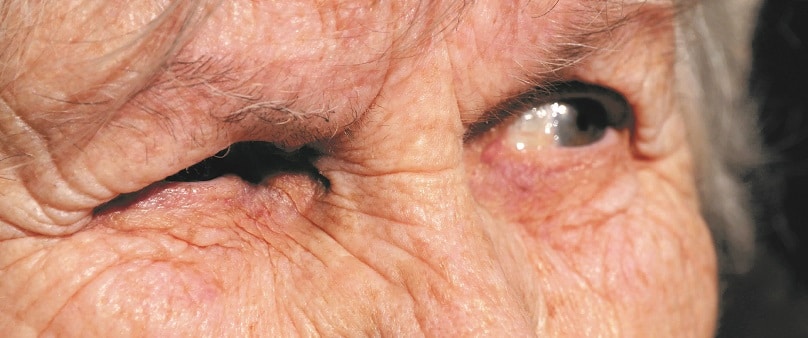Eye Tracking Results Could Predict Alzheimer’s
Wednesday, October 9 2019 | 17 h 05 min | Vision Science
People with Alzheimer’s Disease (AD) gradually lose the ability to control attention and develop impairments of a gaze-shift towards a prominent stimulus, as well away from this stimulus.
A noteworthy question is whether eye-movement impairments are detectable in people who are in a preclinical stage of AD and therefore at a greater risk of developing clinical dementia.
AD often progresses from mild cognitive impairment (MCI), which involves a slight decline in memory and reasoning that is not serious enough to interfere with daily activities.
According to some studies, 46% of people who are diagnosed with MCI develop dementia within 3 years.
There are two forms of MCI that show different symptoms, amnesic (aMCI) and nonamnesic (naMCI). The former primarily affects memory, whereas the latter affects other cognitive skills. Having the aMCI form increases the risk of Alzheimer’s significantly more than naMCI.
Researcher Thom Wilcockson, from the school of sports, Exercise, and Health Sciences at Loughborough University in the UK, and his colleagues, carried out the first study of its kind using eye tracking tests to see if they could distinguish participants of the two forms based on their results.
The research involved 42 participants with aMCI, 47 people with naMCI, 68 participants who were diagnosed with Alzheimer’s disease, and 92 age-matched controls who were cognitively healthy. Participants were given computer-based tasks and asked to avoid looking at a distracting stimulus, such as a dot that appears at random places on the screen.
The results revealed that based on the participants’ eye tracking results, it was possible to distinguish between the participants who had aMCI and those who had naMCI. Furthermore, the eye tracking results of those with aMCI closely resembled the scores of those with Alzheimer’s disease.
The study’s lead author stated that “the results indicate that it is possible to predict which MCI patients are more likely to develop Alzheimer’s disease.” If we can detect Alzheimer’s early on, there’s a better chance of early treatment, improvement of a person’s brain health and reduction in symptoms.
“I hope to build on this research and continue the development of eye tracking mythologies for early diagnosis.” Concluded the lead researcher.








